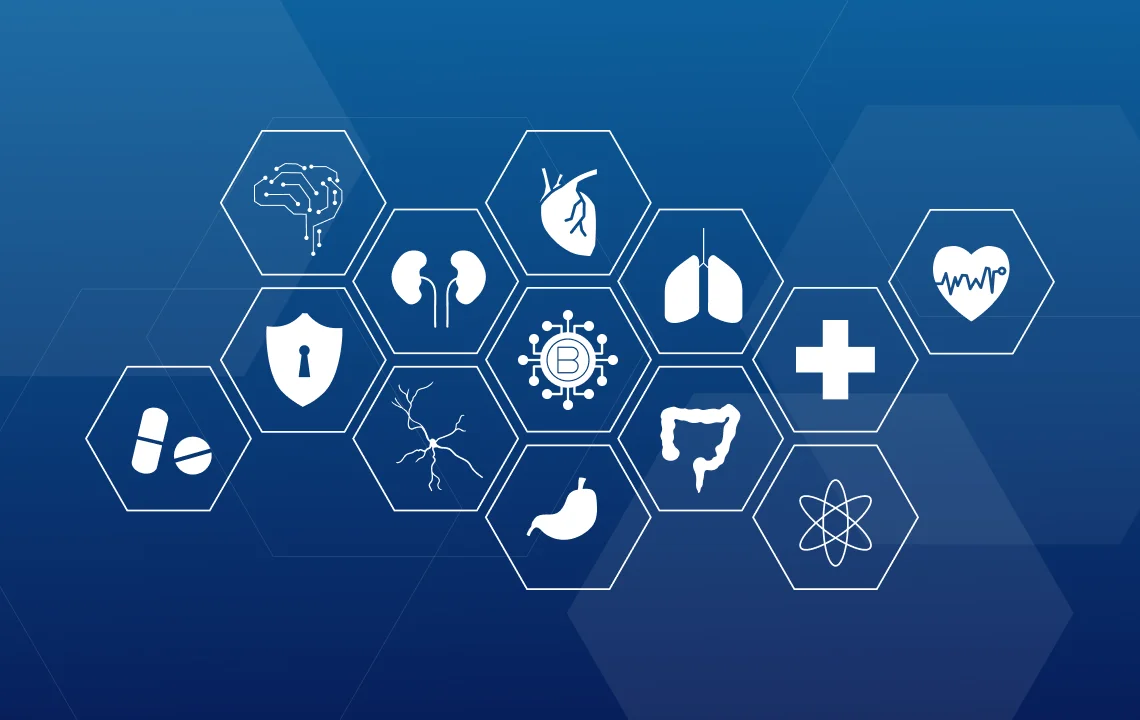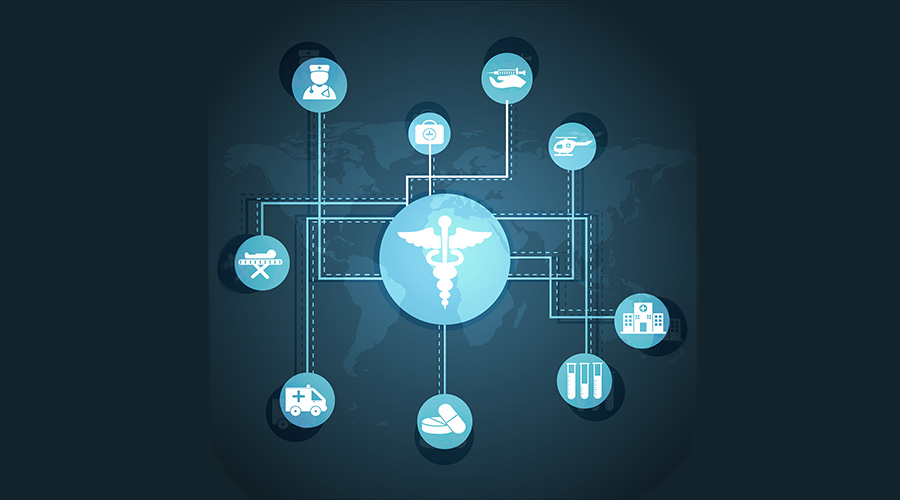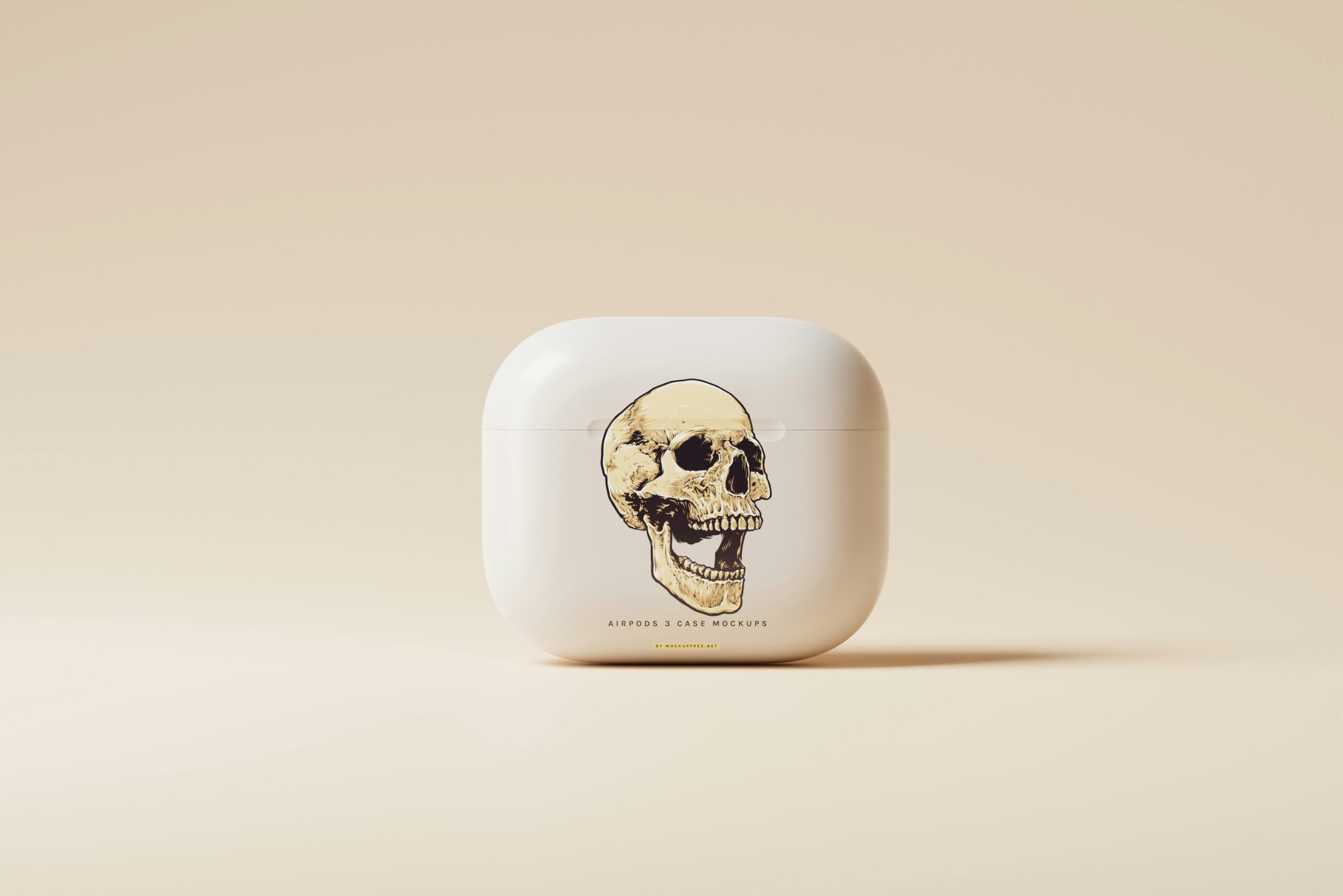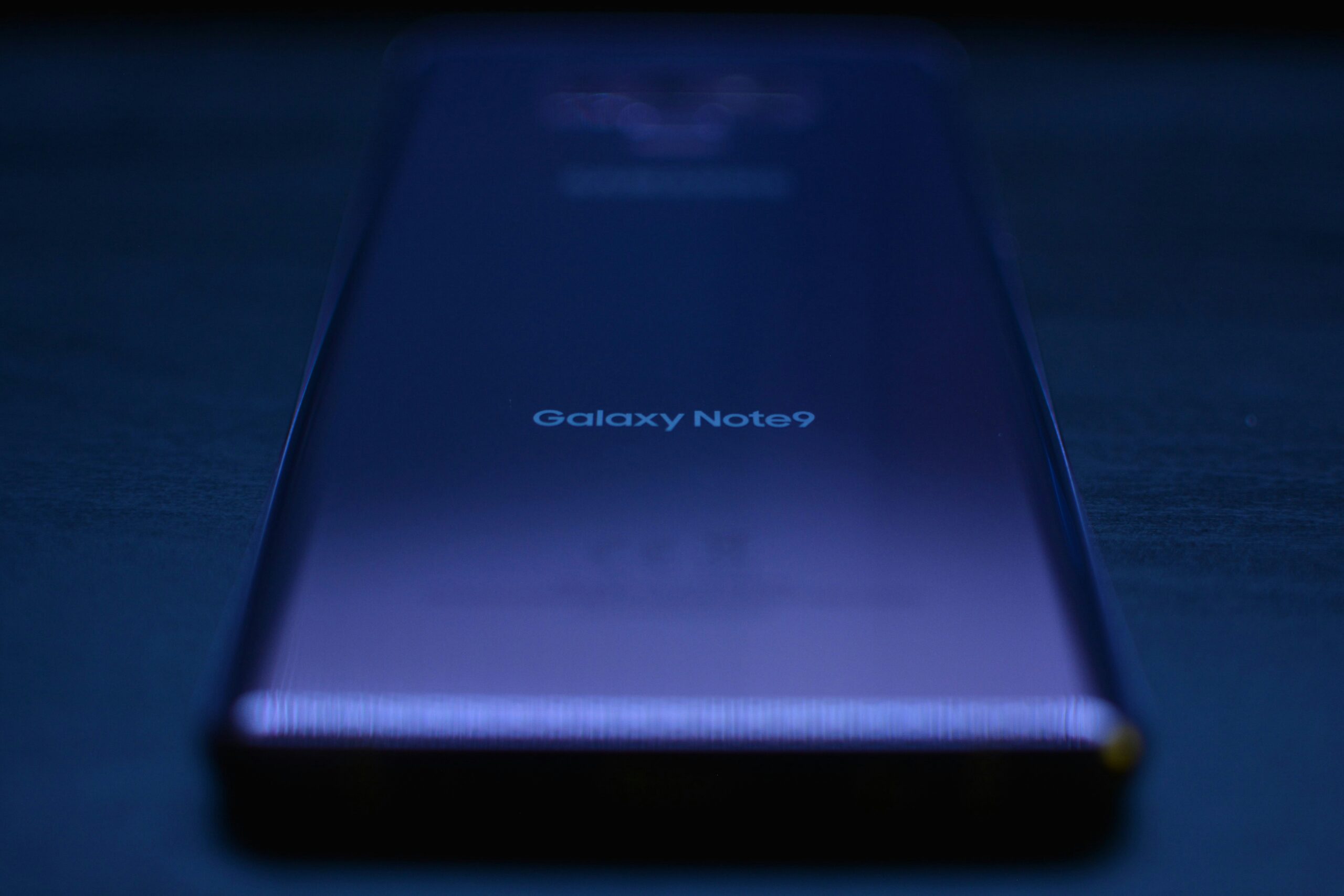Introduction to Blockchain Technology

Imagine a world where your medical records are not only secure but also easily accessible to healthcare providers, no matter where you are. Picture a system that enhances trust and transparency in patient care while streamlining the administrative processes that often bog down hospitals and clinics. Welcome to the era of blockchain technology—a revolutionary force that’s transforming the healthcare landscape as we know it.
Blockchain is more than just a buzzword; it’s an innovative solution tackling some of the most pressing issues in today’s healthcare sector. As we dive into this topic, we’ll explore how blockchain offers promising solutions, highlights its benefits, and examines real-life applications that could reshape our approach to health services. Join us on this journey to discover how blockchain is innovating healthcare for patients and providers alike.
Current Issues in Healthcare

The healthcare industry faces numerous challenges today. Fragmented systems create communication barriers among providers, leading to inefficiencies and errors in patient care. This disjointedness complicates the sharing of critical medical information.
Data security is another pressing issue. Cyberattacks on healthcare organizations are becoming more frequent, jeopardizing sensitive patient data. Trust is eroded when patients fear their information may be compromised.
Additionally, high operational costs plague many healthcare facilities. Inefficiencies stem from outdated processes that can waste time and resources. Patients often encounter long wait times due to overburdened staff and insufficient coordination.
Regulatory compliance also poses a significant hurdle for providers. Adhering to various legal requirements can divert attention away from direct patient care, impacting service quality.
These issues highlight the urgent need for innovative solutions that enhance efficiency while ensuring privacy and trust in the system.
How Blockchain is Solving these Issues

Blockchain technology offers transformative solutions to some pressing healthcare issues. One of the most significant challenges is data integrity. With blockchain’s decentralized ledger, patient records become immutable, preventing unauthorized alterations.
Another concern is interoperability among various systems. Blockchain enables seamless sharing of health information across platforms while maintaining privacy and security.
Patient consent management also sees improvement through smart contracts on blockchain networks. Patients can control who accesses their data and under what conditions, enhancing trust in the system.
Additionally, drug traceability becomes more efficient with blockchain’s transparent supply chain capabilities. This helps combat counterfeit medications by ensuring that every transaction along the distribution path is recorded and verifiable.
By addressing these critical issues, blockchain not only enhances operational efficiency but also fosters a more secure ecosystem for both patients and providers in healthcare settings.
Benefits of Implementing Blockchain in Healthcare
Implementing blockchain in healthcare brings a host of benefits. One primary advantage is enhanced data security. With blockchain’s decentralized nature, patient information becomes less vulnerable to hacking or unauthorized access.
Another significant benefit is improved interoperability. Different healthcare systems can seamlessly share and access data without compromising security. This leads to better collaboration among providers and more coordinated care for patients.
Blockchain also fosters transparency in medical records. Patients gain full control over their own health data, allowing them to manage who accesses it and when. This empowerment builds trust between patients and healthcare professionals.
Moreover, the technology streamlines administrative processes by reducing paperwork and duplicative tasks. Automated smart contracts can facilitate billing and insurance claims, resulting in quicker reimbursements for providers.
Blockchain enhances drug traceability throughout the supply chain, helping combat counterfeit medications while ensuring that patients receive safe products.
Real-Life Examples of Blockchain in Healthcare
Several pioneering initiatives showcase how blockchain is making waves in healthcare. For instance, MedRec, developed at MIT, utilizes blockchain to manage electronic medical records. This system empowers patients by allowing them to control their data while ensuring security and accessibility for providers.
Another notable example is the platform Solve.
Care. It streamlines care coordination between patients and providers using a decentralized network. By automating processes like appointment scheduling or medication reminders, it reduces delays and enhances patient experience.
In addition, Chronicled leverages blockchain for tracking pharmaceuticals through the supply chain. This not only combats counterfeit drugs but also ensures that medications are stored and handled correctly.
These examples illustrate real-world applications of blockchain technology in healthcare—each addressing specific challenges while improving efficiency and trust across various aspects of patient care.
Potential Challenges and Solutions
While blockchain holds immense promise for healthcare, several challenges must be addressed. One major concern is the complexity of integrating blockchain with existing systems. Many healthcare providers still rely on legacy technologies, making adoption difficult.
Data privacy also raises questions. Although blockchain offers enhanced security, managing who has access to sensitive patient information remains a challenge. Striking the right balance between transparency and confidentiality is crucial.
Cost can be another barrier. Implementing new technology often requires substantial investment in infrastructure and training. This may deter smaller practices from adopting blockchain solutions.
To overcome these hurdles, collaboration between stakeholders is essential. Developing standardized protocols can streamline integration efforts while ensuring compliance with regulations like HIPAA.
Promoting awareness about the benefits of blockchain through educational initiatives could foster trust among healthcare professionals and patients alike, paving the way for broader acceptance and utilization of this innovative technology.
Future Possibilities for Blockchain in Healthcare
The future of blockchain in healthcare holds remarkable potential. One possibility is the creation of decentralized patient records that empower individuals to control their own data. This shift could revolutionize how personal health information is shared and accessed.
Smart contracts might automate various processes, such as insurance claims and billing, reducing administrative burdens and errors. This efficiency can lead to significant cost savings for both providers and patients.
Interoperability is another exciting prospect. Blockchain technology can facilitate seamless communication between different healthcare systems, enhancing collaboration among providers while ensuring data integrity.
Telehealth services could also benefit from blockchain’s security features, safeguarding sensitive patient interactions during virtual consultations.
Moreover, researchers might harness blockchain for secure sharing of clinical trial data, accelerating innovation in drug development while maintaining privacy standards. The possibilities are vast; each avenue offers a chance to reshape patient care into something more efficient and equitable.
Conclusion
The potential of blockchain technology in healthcare is enormous. As the industry faces numerous challenges, from data security to interoperability issues, blockchain stands out as a viable solution that can transform how care is delivered. The benefits are clear: improved patient privacy, enhanced data integrity, and streamlined processes.
Real-world applications demonstrate its practicality and effectiveness. Organizations are already harnessing this technology to create more secure and efficient systems for managing health records and supply chains.
While there may be hurdles to overcome—such as regulatory compliance or initial implementation costs—the solutions exist. With careful planning and collaboration among stakeholders, these challenges can be tackled effectively.
Looking forward, the landscape of healthcare could change dramatically with further advancements in blockchain technology. The commitment to innovation will pave the way for healthier communities globally, making this an exciting time for both patients and providers alike.
As we continue exploring these possibilities, it’s evident that blockchain has the power not just to innovate but also to revolutionize healthcare as we know it today. Each step taken toward integrating this cutting-edge technology brings us closer to a more transparent and efficient system that ultimately benefits everyone involved.










